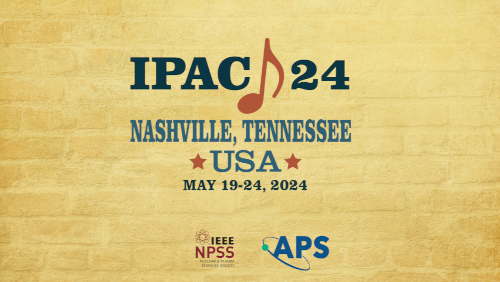Speaker
Description
Bmad-Julia is a new, open-source software project for modern accelerator simulations with an emphasis on Machine Learning. As compared to existing accelerator codes, reverse differentiability, e.g. for the optimization of neural networks, will be embedded. Multiple standalone Julia packages are being developed that provide fundamental tools and methods commonly needed in accelerator simulations, it is envisaged that Bmad-Julia will be able to serve as the basis for developing new programs to meet the ever changing simulation requirements of high energy machines. By avoiding the necessity of "reinventing the wheel", programs that make use of Bmad-Julia packages can be developed in less time and with fewer bugs than programs developed from scratch.
Included will be a package for accelerator lattice instantiation and bookkeeping, a package for handling physical and atomic constants, and a package for truncated Power Series Algebra (TPSA) with routines for manipulations and analysis including map inversion, partial map inversion, normal form decomposition, Poisson bracket, etc. Ultimately, all features of today’s versatile Bmad toolkit will be transferred, including polarized beams, radiation effects, beam scattering, symplectic tracking, and long-term dynamics. Discussed is the present state of the project as well as plans for the future.
Funding Agency
Supported by DOE award DE-SC0018008, NSF award DMR-1829070, NIH/NIGMS award 1-P30-GM124166-01A1, and AFRL award FA8650-22-2-5200.
| Region represented | North America |
|---|---|
| Paper preparation format | LaTeX |

